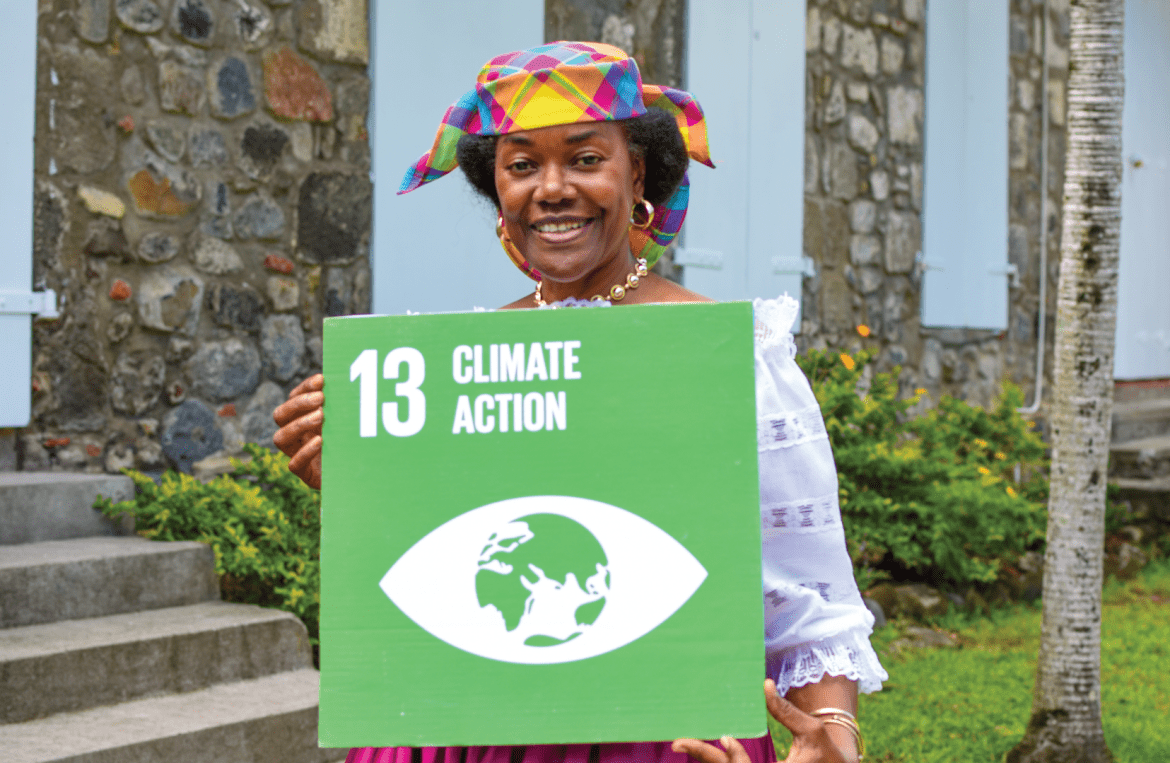The world, in grappling with the current COVID-19 pandemic, has had a stark reminder of how disasters disproportionally affect the vulnerable. The disease is having a particularly dramatic impact on families and communities in developing countries that have fewer resources and weaker social safety nets. The COVID-19 economic downturn will differ from previous crises, as many of the sectors overexposed to the collapse in economic activity, such as tourism, absorb a sizeable share of female employment.
The UNDP’s programme, “Enabling Gender-Responsive Disaster Recovery, Climate and Environmental Resilience in the Caribbean” (EnGenDER) has been working with implementing partners, stakeholders and donors over the last year to strengthen disaster risk management systems for 9 Caribbean countries and build resilience to the effects of climate change. This work is happening at a variety of levels, from improving central government’s ability to build strategies for inclusive approaches to policy making for building resilience; to strengthening regional systems for planning and recovery from natural disasters; to community level interventions to ensure the vulnerable have what they need, so that adaptation and mitigation actions in key livelihood sectors, such as agriculture, consider vulnerable persons.
UNDP’s EnGenDER programme
The EnGenDER programme is also helping the Caribbean to access climate finance as many applications are rejected due to the lack of data and the need for more detailed technical information. It is within this context that the EnGenDER project has awarded complementary funding of approximately US$600,000 to 5 countries (Antigua and Barbuda, Belize, the Commonwealth of Dominica, Saint Lucia and Saint Vincent and the Grenadines) that have applied for funding to improve their climate financing applications, in order to enhance climate resilience, gender equality and inclusion for vulnerable populations.
Read more at: United Nations Development Programme















